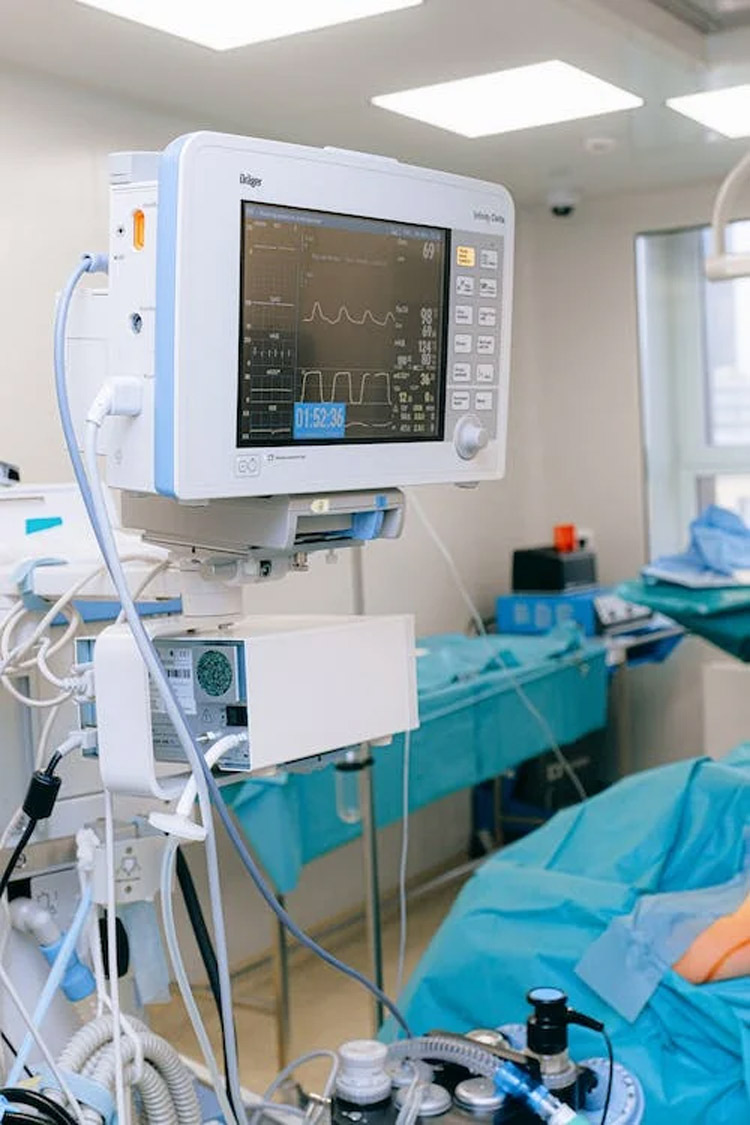
This post provides detailed information on the dialysis technician job description, including the key duties, tasks, and responsibilities they commonly perform.
It also highlights the major requirements you may be expected to fulfill to be hired for the dialysis technician role by most employers/recruiters.
What Does a Dialysis Technician Do?
A dialysis technician is an individual who is in charge of setting up and working with dialysis machines.
The dialysis technician job description entails duties such as checking patients’ weight, temperature, heartbeat, blood circulation, and breathe rate before each dialysis section.
In the event that it is the first occasion when a patient would get treatment, it is the responsibility of this professional to clarify the entire procedure of dialysis treatment to the patient. This quiets the nerves of the patient.
Once the patient accepts this method of treatment, the technician will also ensure that the needed medical equipment is working perfectly.
He/she additionally works with specialists and medical caretakers to guarantee that the equipment runs appropriately.
A dialysis technician can likewise be called a hemodialysis technician or a patient-care technician.
Dialysis Technician Job Description Example/Sample/Template
Dialysis technicians perform various functions as they are required to work very closely with patients and set up machines necessary for their various tests.
A typical dialysis technician job description is given in the example below, showing the major tasks, duties, and responsibilities of the position in most healthcare facilities where they work:
- Assemble the dialysis machine and guarantee that it is sterile and in great working condition before starting a section with a patient
- Record patient’s data
- Ensure that the patient is in the best possible position for every section
- Inspect the dialysis machine before starting the section to guarantee it’s consistent with health norms
- Examine a patient’s outline and control his/her anesthesia; embed a needle and start the dialysis system
- Mix the dialysate recipe as per the medicine composed by the patient’s doctor
- While the method is going on, the technician checks liquid rates and the anticoagulant changing them as vital
- Monitor the machine for breakdowns and the patient for unfavorable responses
- Respond to any cautions that go off or any crises that surfaces
- Disconnect the machine after the method and clean and sanitize it
- Record the patient’s indispensable signs before the patient goes home, including temperature, weight, breath rate, circulatory strain, and heartbeat
- Report any patients’ enthusiastic or physical issues to the medical attendant on the obligation
- Maintain tolerant secrecy consistently
- Assist in instructing the patient about care and the method of dialysis to be applied
- Take legitimate wellbeing safety measures to avert blood borne sicknesses.
Requirements – Knowledge, Skills, and Abilities – for dialysis technician Role
To become a dialysis technician you will be required to have a secondary school certificate or GED testament, you don’t need to go to a university or college to get into the career.
However, you will be required to complete a preparatory program like a specialized program in dialysis technology in a school, junior college, or hospital where you will gain the relevant knowledge and experience of the job.
There are tons of groups and specialized universities that offer courses that individuals can take to become a dialysis technician that you can check out online.
To learn as much as possible and be well rooted in the career, one is advised to take the more extended courses that lead to becoming a knowledgeable dialysis technician.
In some cases, the clinic where a dialysis technician trainee is working may offer a preparatory program where he/she can take additional training for the role.
In general, if you are seeking to work as a dialysis technician in a medical institution, the following are major requirements you may be expected to fulfill to qualify in accessing the role:
- High School Diploma
- Complete a dialysis preparatory program from a professional school or junior college
- Passed the Board of Nephrology Examination for Nurses and Technicians (BONENT)
- Certified Hemodialysis Technician (CHT) certification
- Must possess exhaustive information on how to work the dialysis machine and how it influences the human body
- Capacity to react rapidly and legitimately to a crisis circumstance
- Mechanical fitness and aptitude
- Full knowledge about how the human kidney functions with different organs to keep the body sound
- Exceptional organizational skill and attention to detail
- Possess solid interpersonal skills, great composure, and verbal relational abilities.
Conclusion
Being a dialysis technician can be exceptionally satisfying and fulfilling. The activities of the job allow you to shape bonds with patients as you see and around them frequently (3-4x/week).
Over time, as you work with your patients, the activities stop being an occupation and begin to become a lifestyle, with the capacity to encourage individuals and be a piece of their lives.
It is a perfect career for those who are patient and compassionate as it draws them closer to people who are going through health issues.
So if you possess the qualities mentioned in the requirements section of this post, you may consider taking up this profession for a fulfilling career path.
This article is also helpful to employers who are looking to hire for the dialysis technician role in their organization; they can apply the sample job description provided in creating the perfect description for the dialysis technician position in their medical center.












